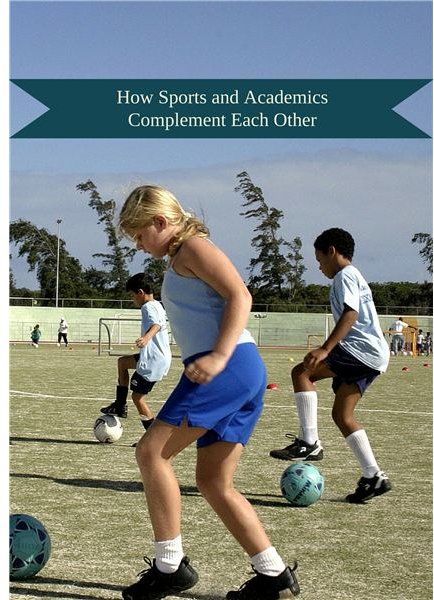Can Sports Make Kids Smarter? The Connection between Physical Activity and Improved Learning
How Sports and Academics Are Related
Because many kids have a BMI (body mass index) exceeding the normal range, there is a renewed focus on physical activity in schools. The subject is somewhat controversial because it may hurt a children’s self-confidence if they believe they are overweight, but it is important for the overall health of the child.
Some feel, however, that sports and physical activity get in the way of academic learning during the school day. Parents often complain that kids spend so much time on physical activity, recess, P.E. and other extracurricular events that they do not receive enough actual time on task in the classroom.
In fact, researchers have found a correlation between physical activity and academics that shows the two are related in more ways than we think.
Increased Focus
Sports help kids focus. Many studies in the field of sports psychology show increased mental stamina and focus among people who regularly participate in a sport basis. Sports such as soccer, basketball and many others increase one’s sense of alertness and instill the idea of being ready for anything. This attentiveness can transfer to the learning environment as well, because kids learn skills they can use in all aspects of their lives.
Incentives for Learning
Most sports programs in schools require a certain minimum grade point average, which may motivate kids to perform well in academics in order to participate. This can be a strong incentive for kids who would not normally have an interest in academics.
Potential for Scholarships
Colleges will pay real money for great athletes. Athletics is a big part of what brings in revenue to colleges and schools. If your child becomes adept at a particular sport, such as football, he may be able to obtain scholarships totaling several thousand dollars. This can give him access to a great education at only a fraction of the cost.
Improved Behavior and Concentration
Some studies indicate that increased physical activity actually increases brainwaves and neurological activity. Columbia University, New York University and other prestigious colleges have all conducted studies investigating the connection between physical activity and academic progress. They all found similar findings: that increase sports activity over time increased the level of concentration in youths and cut down on behavioral issues. These findings convince and remind us that there is a strong correlation between sports and academics for kids, especially over the long haul.
Conclusions
While the debate is still out regarding how much emphasis on sports for youths is too much, it is clear there is strong evidence that physical activity helps kids improve their overall academics.
An increased ability to focus on specific tasks, a skill often taught in sports psychology, as well as the fact that sports and recreation relaxes kids and may help them concentrate on their work once the physical activity is over are all benefits.
Behavior problems are often reduced, which creates a more positive learning experience for everyone.
If students excel in sports, they may also be able to obtain money to go to the college of their choice through sports scholarships.
When these facts are considered, it is easy to see that sports do help kids in academics. The key is to find a balance between the sports activities and the academic time, so that neither takes up too much of their time.
